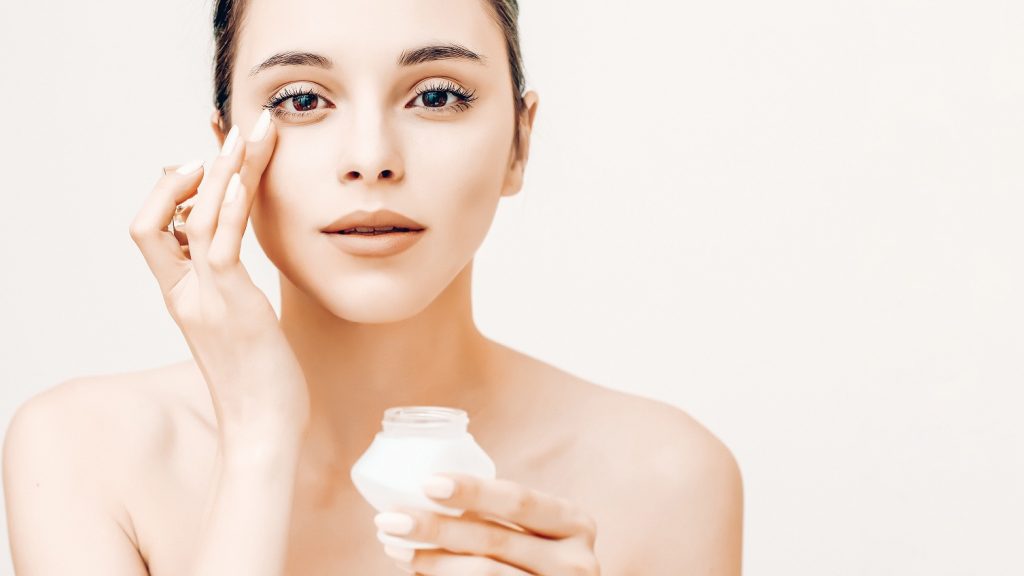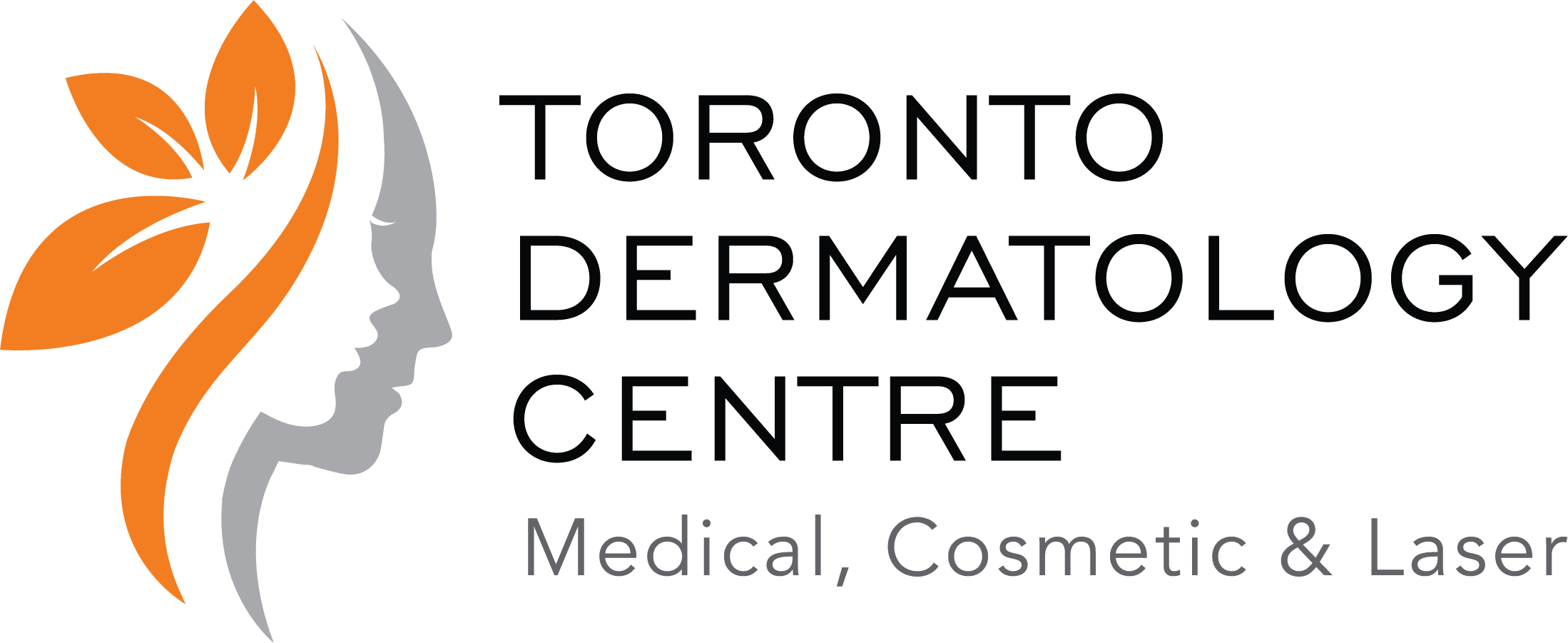Our very own Dr. Benjamin Barankin shared his expert advice on “what skincare products to use in your 20s” with Yahoo Style. Read below to learn more.

If you’ve taken the time to learn a new language or master an instrument during the lockdown, then, honestly, props to you. Because for many of us (myself included), while we made pledges to hone some sort of skill during quarantine, that skill turned out to be ordering in food and watching TV. However, in addition to stalking the “Bridgerton” cast on Instagram, there is one topic I’ve recently become fixated on: anti-aging skincare.
As a 20-something who, in part, has made a career writing about beauty, I’m always semi-prepared for lightning to strike me down every time I leave my apartment without a liberal application of sunscreen. And while no amount of SPF can completely do away with future fine lines and wrinkles, there are definite advantages to starting your anti-aging, or rather, proactive skincare routine, in your 20s.
With that being said, I am (as indicated by the aforementioned career remark) not a dermatologist; even the thought of it would send my high school biology teacher into a tailspin. Rather, to get a science-backed opinion on anti-aging skincare, I spoke to Dr. Benjamin Barankin, a Toronto dermatologist and Medical Director of the Toronto Dermatology Centre.
Sunscreen
According to Barankin, sunscreen and sun protection are everything and more when it comes to anti-aging practices all 20-somethings should adopt.
“Ultraviolet radiation damages the skin both in the short term (shows up as a tan or sunburn, or makes cold sores come out) and in the long-term (skin cancers, pre-cancers, discoloured and blotchy skin, and burst blood vessels),” he says.
Come rain or shine, Barankin recommends applying an SPF 30 or higher every morning and reapplying it every 3 to 4 hours or after working out or coming in contact with water.
Retinoids
“Retinoids are the gold standard in anti-aging,” Barakin says. “They help treat and prevent acne, improve acne scarring and fine lines, even out the skin tone, and give the skin more of a glow.”
“You have to start them low and slow and be careful that they don’t dry or irritate [your skin] too much,” he adds. Topical retinoids should be applied as part of your nighttime skincare routine, and their use should vary depending on the time of year. Barankin suggests using them less often in the winter or in combination with a good moisturizer.
Vitamin C
“According to the dermatologist, vitamin C is also useful for improving skin tone, collagen production and fine lines. “
However, he cautions that it’s not as powerful as retinol and retinoids.
“Unfortunately, [topical vitamin C can sometimes] cause a bit of acne,” he adds. “You need to find a stable form of the product and not just the highest concentration.”
AHAs and BHAs
In addition to retinoids and vitamin C, “peptides and growth factors are important” parts of an anti-aging skincare routine. He recommends exfoliating once or twice a week and periodically including AHAs/BHAs, i.e. glycolic acid, to maintain a youthful, glowing complexion.
Dermatologist recommendations
Over and above at-home treatments, Barankin says, “starting photo-rejuvenation treatments (IPL/BBL) once per year in your early 30s (in fall or winter) is also an excellent starting point.”
Seeking out “medical-grade chemical peels in your mid-20s onwards can help treat acne, acne scarring, improve [skin] texture, tone and glow as well” can also help your skin stay fresh and youthful.
For people in their mid-to-late-30s, Barankin says medical-grade micro-needling “is also a great [way] to amplify your collagen.”
Credit: By Kayla Kuefler, Yahoo.com
